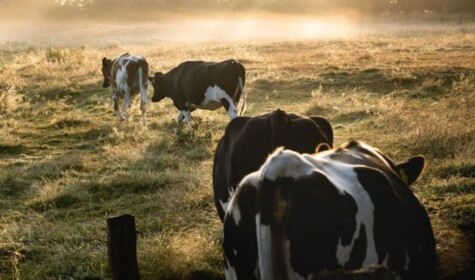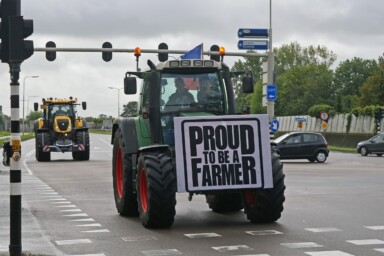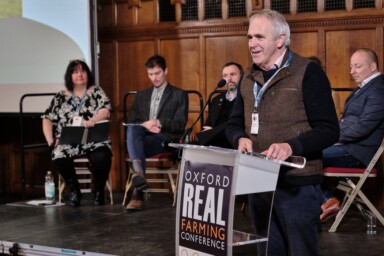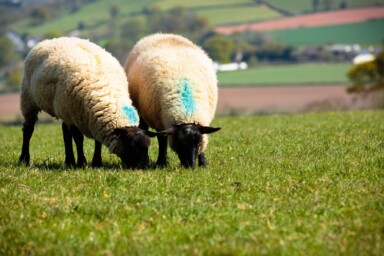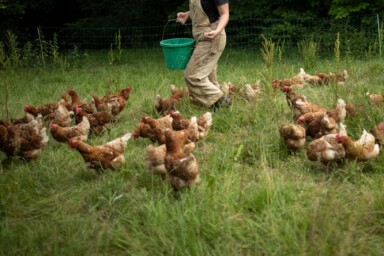Henry Dimbleby is to be congratulated for his leadership and vision on the publication of his long awaited and much heralded National Food Strategy. In the opening sentence of his executive summary, he highlights both the miracle and the catastrophe of agricultural intensification which not only proved Malthus wrong when he predicted that the peak population of humanity would be limited by its food supplies, but, as we now know, achieved this at the expense of a massive depletion of what HRH The Prince of Wales refers to as ‘the balance sheet of nature’.
There is so much to commend in the report. He is right about the ‘Junk Food Cycle’, right about the need for government intervention to tackle food poverty and ensure that nutrient dense, high-quality food is available to all. He is also right that we need to re-align our diets if we are to eat in harmony with nature and the capacity of the planet to nourish us.
In relation to meat, it is very welcome that the Strategy recognises the major differences between meat produced in different ways. Grass-fed livestock will play a significant role in re-building our lost soil fertility and drawing carbon down from the atmosphere if managed correctly. It also recognises that methane persists in the atmosphere for only 12 years while carbon dioxide and nitrous oxide emissions persist and build up for over a century. Yet, when it comes to comparing meat from different animals and systems, the Strategy fails to use the GWP* methodology (explained by Professor Myles Allen in this video), developed at Oxford University, which takes this into account. They also fail to recognise the extent to which carbon has been lost from soils producing grain and soya to feed livestock. As result, they conclude that intensive grain-fed beef has a lower carbon footprint than UK grass-fed beef, when in reality the opposite is the case.
Unsurprisingly, some elements of the national press have denigrated his findings as an inappropriate intervention from a posh man telling other people what’s good for them. This is grossly unfair, as Dimbleby himself explained on the Today Programme: for the very first time, the vast majority of the UK population recognise that highly processed junk food is damaging, not only to the planet but to the health of children. We absolutely believe that healthy, sustainable food must be made accessible to all.
The report is particularly strong on the need for measuring change and calls the full roll-out of the ‘Global Farm Metric’ – a common language and suite of metrics for measuring food and farming sustainability. This initiative is gaining momentum fast and is now backed by the UK’s leading farming groups, retailers, food companies and environmental groups. If agreed, the Global Farm Metric could also be used to inform honest and transparent food labelling and form the basis for negotiating international trade deals fairly.
